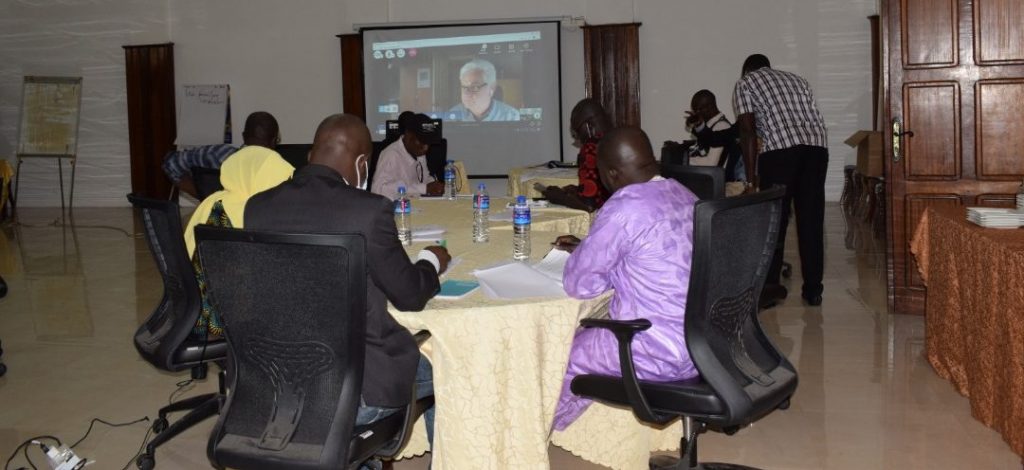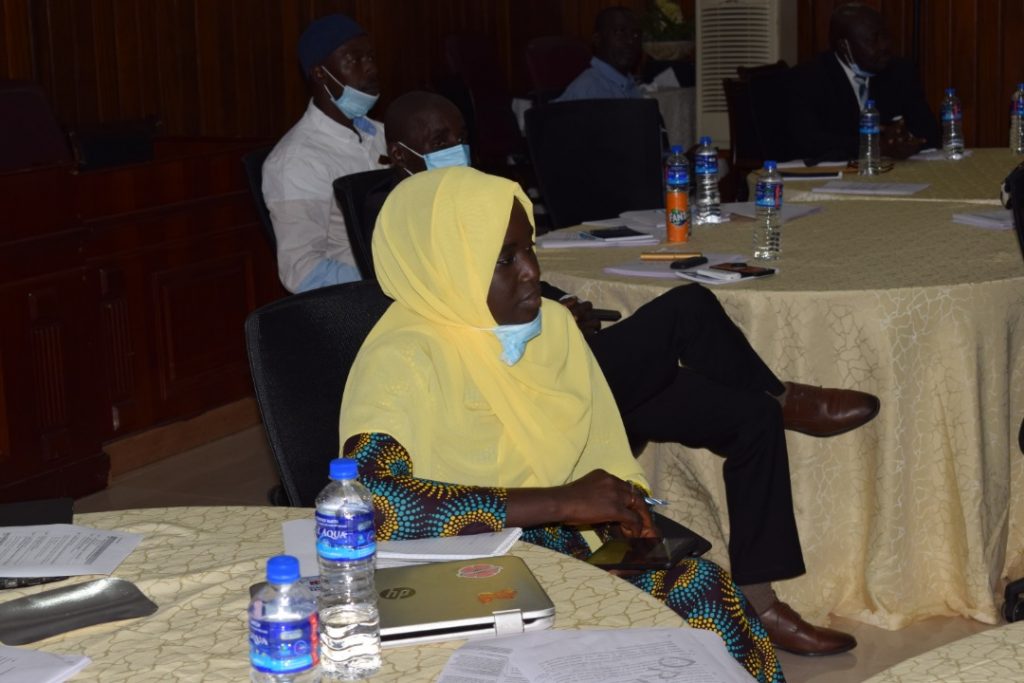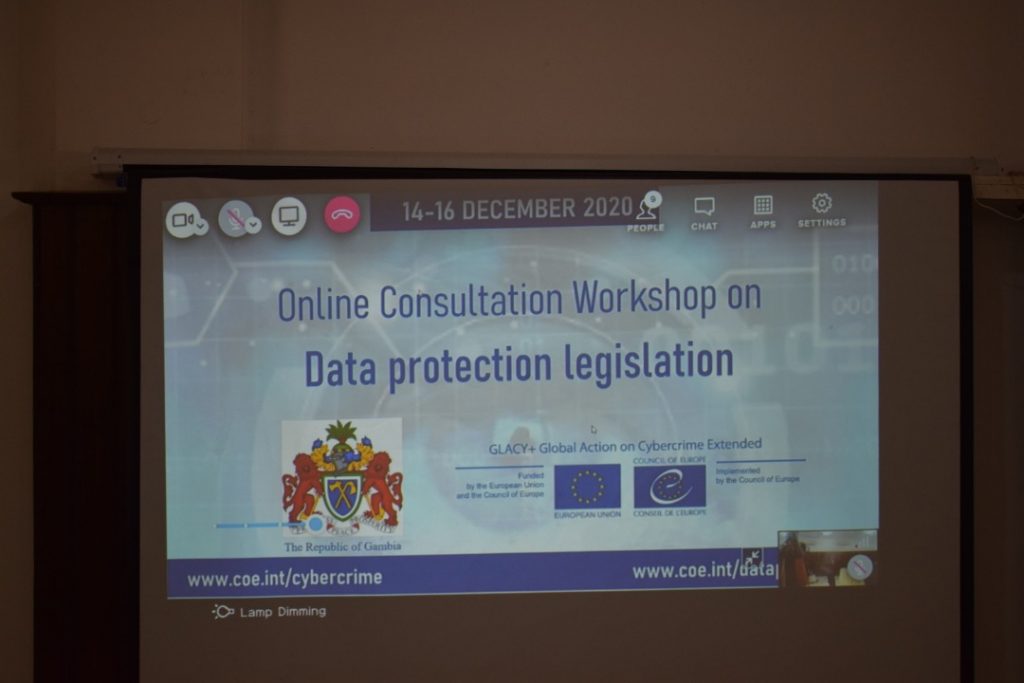Last Wednesday, 16th December 2020, ISOC Gambia chapter took part in a day long workshop on review, Drafting and Consultation for Gambia’s new Data Protection Bill organized by the Ministry of Information Communication and Infrastructure MOICI and the Council of Europe. The event took place at the Paradise Suites Hotel in Kololi. The validation workshop involved discussions and breakout sessions for participants from
Key Government institutions, Private Sector, and Civil Society organizations who are involved in the policy draft and consultation process. ISOC Gambia Chapter was represented by our treasurer Ms. Suun Faye.
The ICT industry has emerged as a crucial driver of national economic competitiveness and development. Several countries have identified ICT as a key driver of development and an enabler of future economic growth and diversification, and The Gambia is not an exception. Online and mobile applications will be continued to be developed even further to offer solutions to local needs and demand that can become relevant in the whole region. But it is important to know who is viewing your activities online and what they are doing with your data.
The contemporary developments in the ICT and other sectors in The Gambia have led to the recognition of privacy as a fundamental human right, making protection of personal data a key pillar for human dignity.
Background and Justification
The Gambia is transiting into a digital economy. Necessary infrastructures are in place amidst a technology-neutral license regime with highly developed banking sector with modern infrastructure, such as online and mobile banking. It is expected that online and mobile applications will be rapidly developed even further to offer solutions to local needs and demand that can become relevant in the whole region. Services/business will rely more and more on automated data processing and the usage of social media platforms, online services will probably further expand. Unfortunately, as has been the trend throughout the world, the development of information and communication technologies has been going hand in hand with the rise of cybercrime and cyber-related crimes in the country. These are to be considered a threat to fundamental rights, including the right to private life. On the other hand, providing protection to individuals in the digital age, while ensuring an uninterrupted flow of data across borders, is seen as a crucial factor for the inclusive growth of the country. Recent developments in the ICT and other sectors in Gambia have led to the recognition of privacy as a fundamental human right, making protection of personal data a key pillar for human dignity. In 2019, the government of the Gambia adopted the Data Protection and Privacy Policy (the Policy). The Policy, prepared also in consultation with the Council of Europe, set the foundations of institutional and legal framework for data protection and privacy, giving effect to Section 23 of the Constitution of The Republic of The Gambia and expressing the commitment of the Government of The Gambia to ensure the protection of personal data and associated rights of individuals, and in particular the right to privacy. Building on the already made progress, the Government of the Gambia wishes to prepare a modern data protection legal framework, which could allow the country to also consider accession to Convention 108+ of the Council of Europe.


